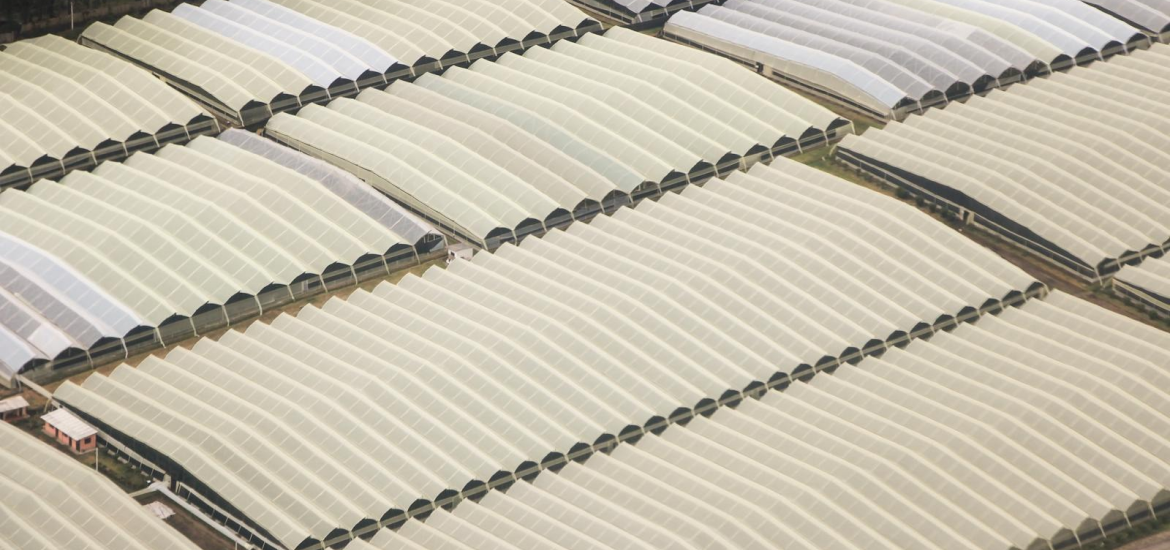
AI agricultural management is transforming farming. Sensors send data on soil, weather, and crops to AI systems. These analyze it in real-time, guiding farmers on irrigation, fertilization, and pest control. This precision boosts yields, cuts costs, and makes farming more sustainable.
Implementing AI in agricultural management poses hurdles. High-tech sensors and software require large upfront investment, straining small-scale farmers' budgets. There's also a steep learning curve as farmers must master new digital skills to utilize the data. Plus, safeguarding sensitive agricultural data from cyber-threats is an ongoing challenge.
With the rapid development of science and technology, the application of AI technology in the agricultural field has gradually become an important way to improve agricultural production efficiency and achieve sustainable development. The AI agricultural management project aims to introduce artificial intelligence technology into traditional agricultural management and optimize agricultural production processes through data-driven decision-making.